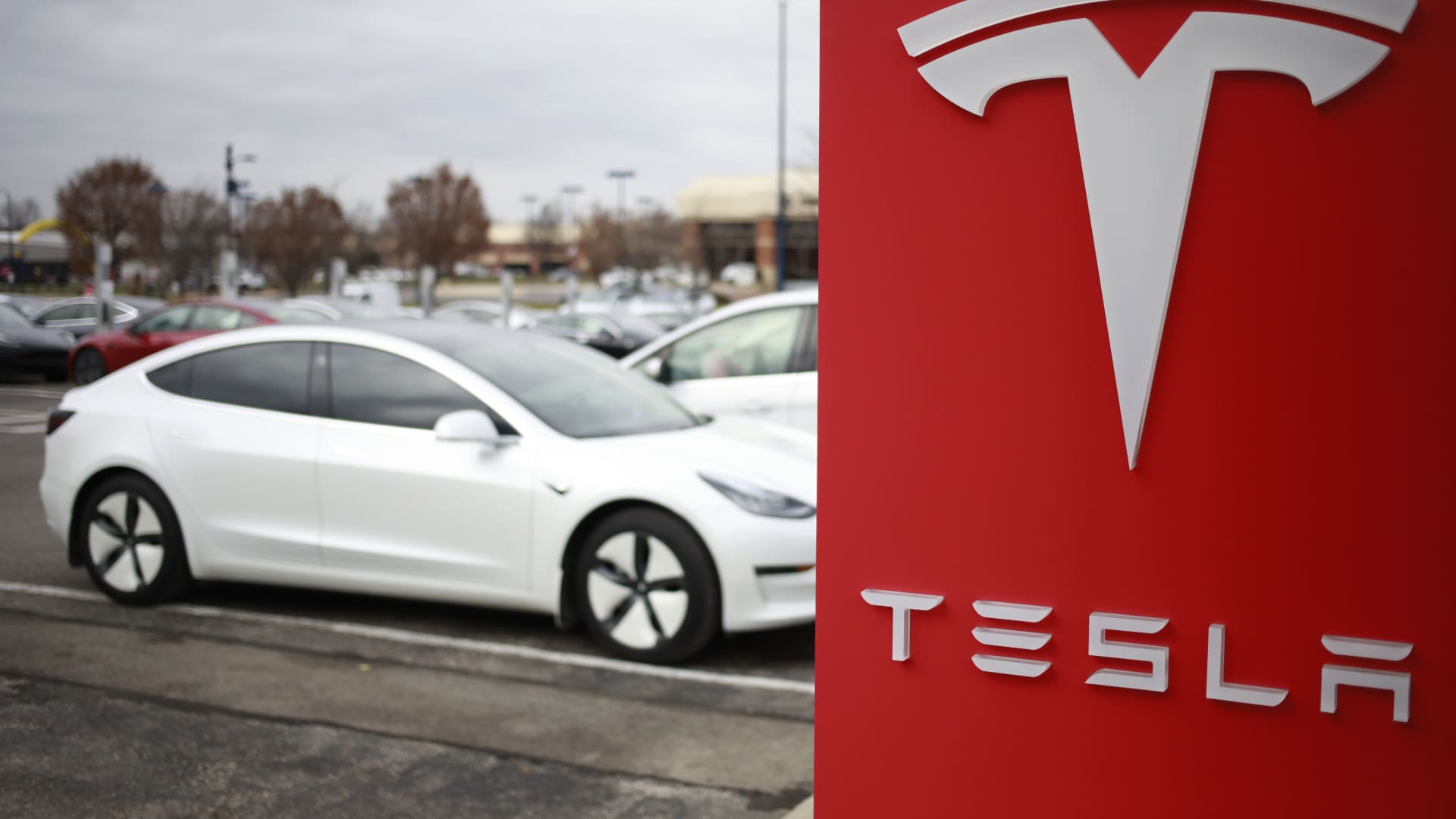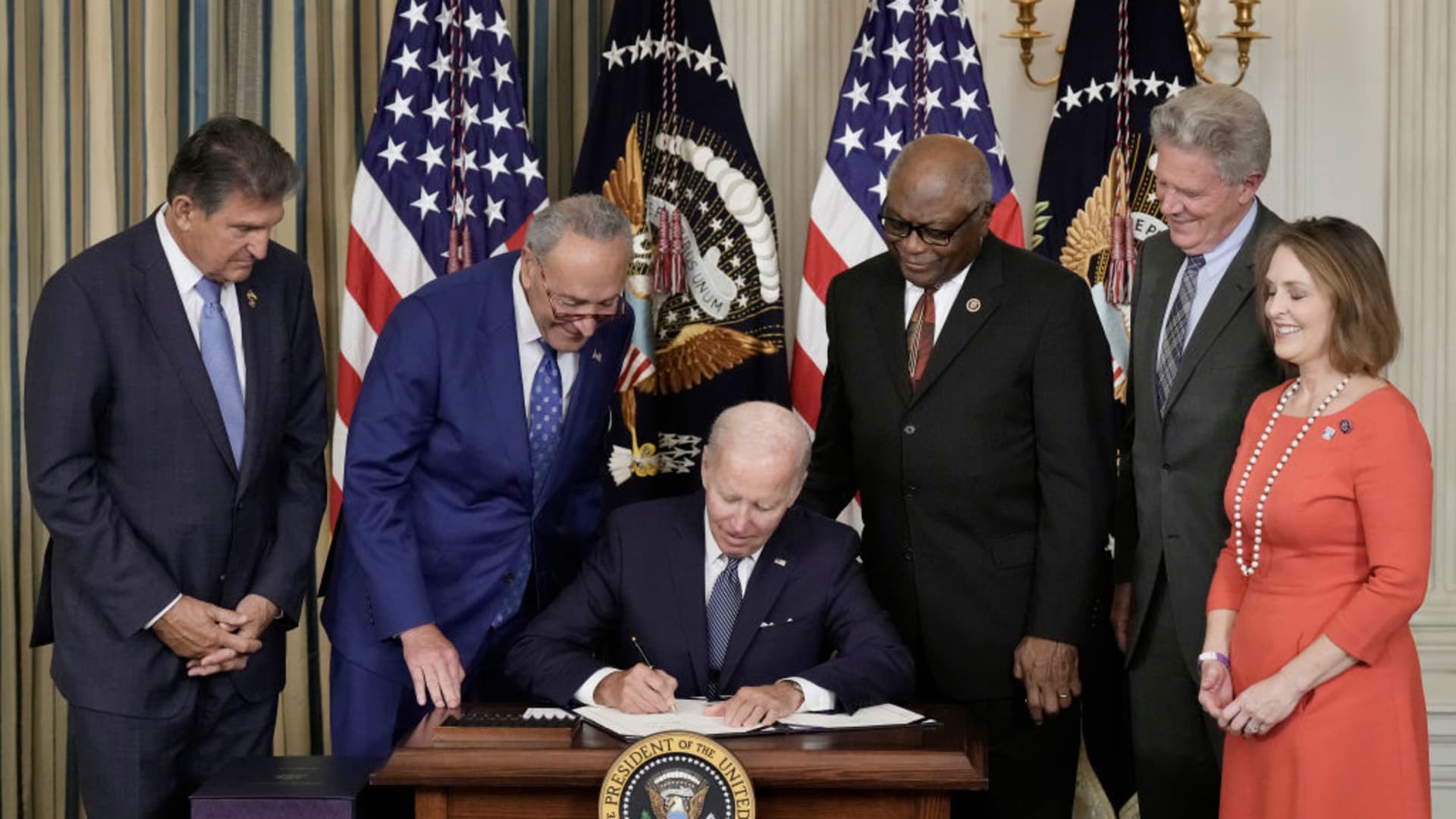Technology
Wednesday, May 22nd, 2024 2:53 pm EDT
Key Points
- Alexa’s AI Upgrade and Subscription Fee: Amazon plans to enhance its Alexa voice assistant with generative AI to create a more conversational user experience, aiming to better compete with AI chatbots from companies like Google and OpenAI. This upgrade will introduce a monthly subscription fee, separate from the $139-per-year Prime membership, to offset the technology costs. The specific subscription price has not yet been determined.
- Internal Challenges and Shifts: Since Andy Jassy became CEO in 2021, the Alexa division has faced increased pressure to justify its costs and align with profit goals. This represents a shift from Jeff Bezos’ tenure when Alexa was a passion project with less immediate pressure for returns. The division has undergone significant reorganization, with many team members moving to the artificial general intelligence (AGI) team, highlighting the internal push to make Alexa competitive in the evolving AI landscape.
- Market Position and Future Potential: Despite the challenges, Amazon sees the extensive installed base of over 500 million Alexa-enabled devices as a significant opportunity. With the new AI enhancements, Amazon aims to maintain its foothold in consumers’ homes and improve Alexa’s functionality and reliability. The company will use its own large language model, Titan, for the upgrade and continues to invest heavily in AI, including a $2.75 billion investment in the AI startup Anthropic.
Amazon is set to upgrade its decade-old Alexa voice assistant with generative artificial intelligence, planning to introduce a more conversational version later this year and implement a monthly subscription fee to cover the costs, according to sources familiar with the company’s plans. This enhanced Alexa aims to better compete with AI-powered chatbots from companies like Google and OpenAI. Unlike the $139-per-year Prime membership, the new Alexa subscription will be separate, with the price yet to be determined.
Amazon declined to comment on these plans. Alexa, which impressed consumers with voice-driven tasks when it launched in 2014, now appears outdated compared to recent AI advancements. OpenAI’s GPT-4o and Google’s generative AI voice feature for Gemini, both capable of deeper two-way conversations, have raised the bar. NYU professor Scott Galloway even dubbed these new AI developments “Alexa and Siri killers” on his podcast, noting that many users rely on Alexa and Siri for simple tasks like setting alarms or checking the weather.
Internally, the pressure on the Alexa division has intensified. Once a favorite project of Amazon founder Jeff Bezos, Alexa has faced stricter profit requirements since Andy Jassy became CEO in 2021. Former employees noted that Bezos’ enthusiasm for Alexa led to substantial funding with less immediate pressure for returns. However, Jassy’s tenure has seen a shift in priorities, with reports of his dissatisfaction with Alexa’s current capabilities.
Jassy’s frustration with Alexa was exemplified when he asked the voice assistant for the live score of a sports game and received no answer, highlighting a simple task that Alexa failed to perform. Despite this, Amazon’s recent shareholder letter indicated that the company is building numerous generative AI applications, including a more intelligent Alexa.
The Alexa team has undergone significant restructuring, with many members moving to the artificial general intelligence (AGI) team. As of 2023, Amazon had sold over 500 million Alexa-enabled devices, providing a substantial user base. However, the challenge remains to make Alexa competitive in the evolving AI landscape, where new generative AI capabilities enable more human-like interactions.
Apple, Amazon, and Google were early adopters of voice assistants incorporating AI. However, the current wave of advanced generative AI represents a significant leap forward. Apple is expected to unveil an upgraded, more conversational Siri at its annual developers conference in June. Former Alexa team members believe that while Alexa was a groundbreaking idea, it might have been ahead of its time, making the task of revamping it challenging.
Another hurdle is recruiting AI engineering talent, with companies like OpenAI, Microsoft, and Google vying for the same pool of experts. The high costs of generative AI, due to the necessary hardware and computing power, are also a concern. One source estimated the cost at 2 cents per query, with internal discussions suggesting a potential subscription price of around $20, though a lower single-digit fee would be more competitive. OpenAI’s ChatGPT, for example, charges $20 per month for its advanced models.
Despite these challenges, Alexa’s extensive user base presents an opportunity. Devices are already in millions of homes, making it crucial to ensure that Alexa can handle commands reliably to maintain user trust. Amazon has been perceived as lagging in AI innovation, even though it offers various AI models on Amazon Web Services (AWS). To bolster its AI capabilities, Amazon invested $2.75 billion in the AI startup Anthropic, marking its largest venture investment.
Amazon plans to use its own large language model, Titan, for the Alexa upgrade. Jeff Bezos remains concerned about Amazon’s position in AI, reportedly staying “very involved” in AI efforts and questioning why some AI startups prefer other cloud providers over AWS. This push for an AI-enhanced Alexa reflects Amazon’s broader strategy to stay competitive in the rapidly evolving tech landscape.
For the full original article on CNBC, please click here: https://www.cnbc.com/2024/05/22/amazon-plans-to-give-alexa-an-ai-overhaul-monthly-subscription-price.html




